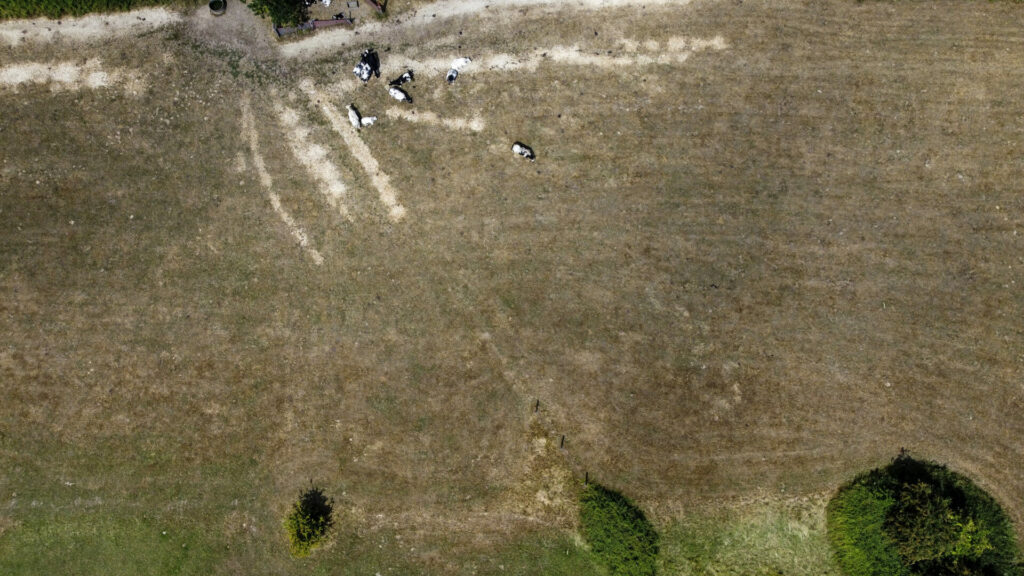The Flemish government is working to unite EU Member States to fight against extreme weather conditions with actions to restore ground quality as a means of better regulating water resources.
Almost three years ago, Flemish Environment Minister Zuhal Demir got the green light from the Flemish government to launch the Blue Deal, a regional initiative to protect Flanders against both drought and flooding. The scheme, which started with an initial budget of €75 million, has since received funding commitments of over half a billion euros.
The initiative has so far led to the creation of more than 6,000 hectares of wetlands, 88 km of watercourses, a reduction of drinking water leakage and the reuse of purified wastewater amounting to 9,500 Olympic swimming pools. It has also structurally prepared Flanders for acute drought.
"Every day we take up the water challenge in Flanders. Never before has so much been invested in our wetlands and our water supply to combat drought. We are taking steps to let water seep back into the ground. With numerous projects, we are turning Flanders into a sponge," Demir said.
However, she stressed that this challenge transcends national borders. As the effects of extreme weather become increasingly clear on the continent, the Minister wants other European Member States to follow suit.
With the Flemish government's support, Demir is working towards a coalition of Member States advocating a European Blue Deal by passing drought and flood policy at the European level.
Related News
- Summer 2023 sets new weather records
- Water levels in Wallonia's rivers and aquifers rise thanks to August showers
"Climate adaptation receives too little attention at the European level and the ideal way to scale up our Blue Deal is to let the initiative trickle down to as many Member States as possible," Demir said. "Our Blue Deal can be a blueprint for a better climate adaptation policy in the whole of Europe and that is why we are putting our all into more international cooperation in this field."
Demir's intention is to unite Member States so that the issue features on the agenda of the upcoming European Environment Council.

